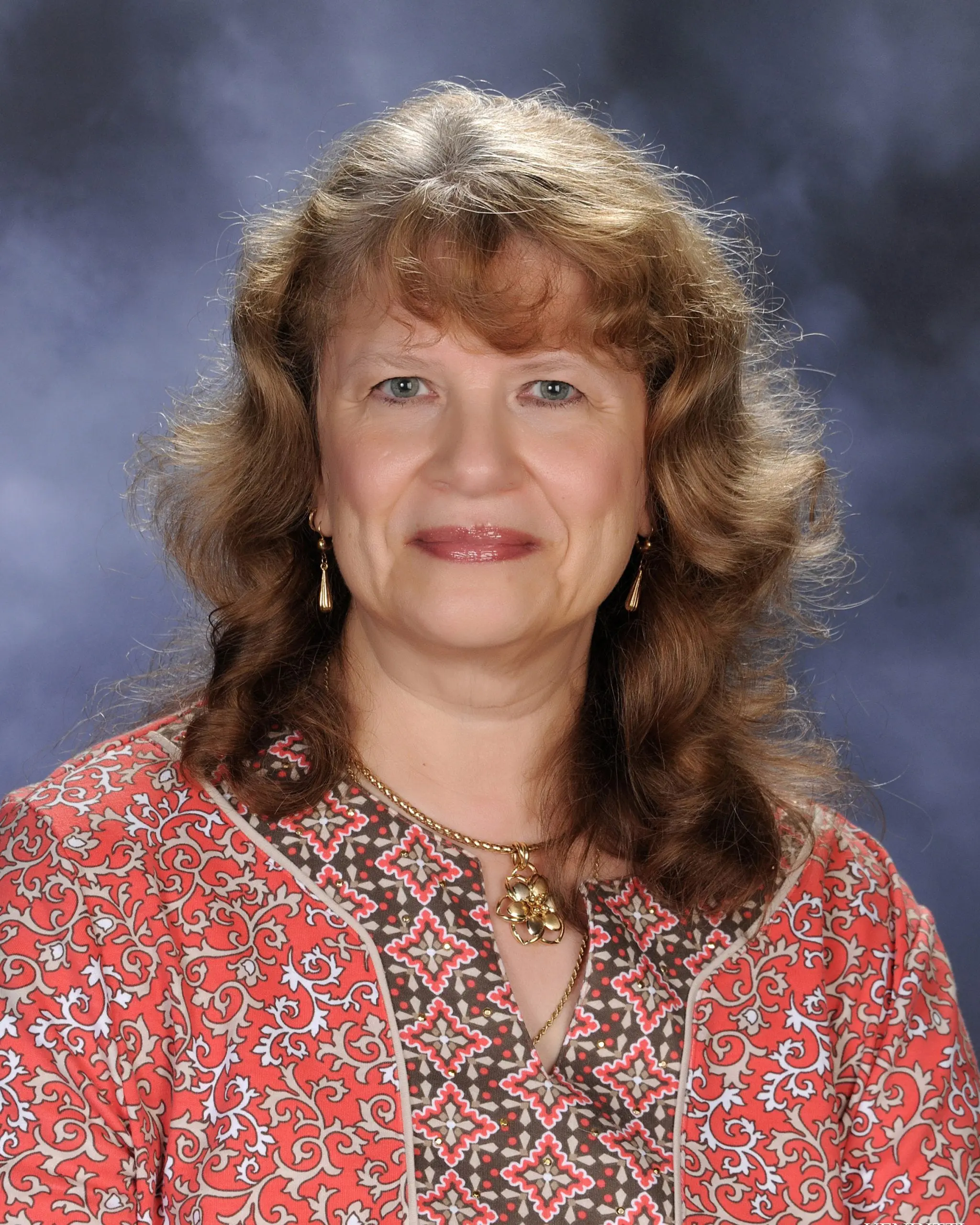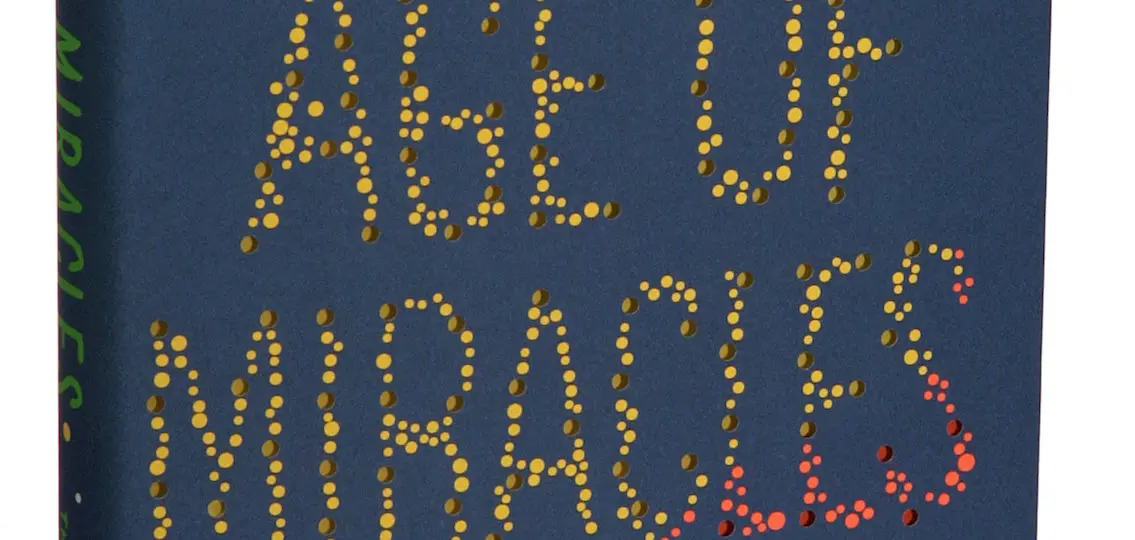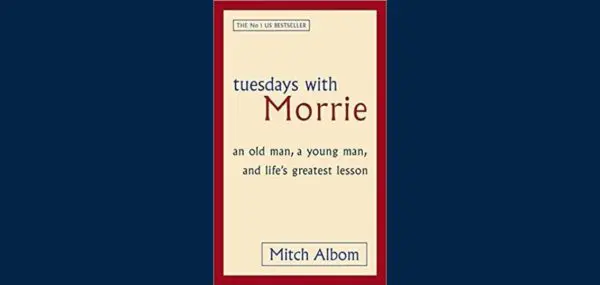TEEN REVIEW | by Alyssa Solano
The Age of Miracles is an account of change, but not the gradual changes to which we are accustomed. The author, Karen Thompson Walker, uses the excitement and intrigue of an unexpected and dramatically world-altering change—the gradual slowing of the Earth’s rotation—to draw readers into the narrative of Julia, a quiet middle-schooler who lives in California.
“The slowing” is used as a hook and a means of driving the story. But Walker doesn’t give an explanation for the slowing, so the event itself doesn’t seem feasible. The novel is, however, about change—personal, communal and societal change. Throughout the novel, people move in and out of Julia’s life at an alarming pace, and nothing feels permanent. In a world where tomorrow’s sunrise isn’t guaranteed, she must decide how to react to the upheaval of normality and the looming threat of the unknown.
Julia’s perceptiveness drives the narrative and draws the reader into the story’s events and characters. For example, Julia takes note of her father’s growing lies—which she associates with the uncertain, fearful times—and builds the theme of individual responsibility under extreme circumstance. Even in the face of sudden and unwelcome change, when a moral lapse might be understandable, we retain the ability to act deliberately and justly.
Yet, through Julia, optimism prevails. While others sow division, seek their own interests, let go of their principles, or simply give in to despair, Julia hopes. She dares to seek love. She decides to study medicine, even though the world will likely end before she will graduate. Julia’s hope is deliberate and inspiring. If in the face of her harsh reality, quiet, young Julia can hold on to hope, surely there is nothing that can crush ours. And this hope, more than any implausible sci-fi cataclysm, is a miracle.

TEACHER REVIEW | by Mary Poulouse
As a person who studies and teaches mathematics, I believe that some mathematics was developed as an attempt to bring order to our lives. Patterns help us survive. When do we plant crops? When do we harvest? When will the harsh weather arrive?
So, what would happen if these rhythmic patterns—the ones that we set our calendars and clocks by—no longer existed?
That’s the world of Julia, an 11-year-old California girl in Karen Thompson Walker’s The Age of Miracles. Julia’s world is without pattern because the 24-hour day is no longer married to the rising and setting of the sun. The earth’s rotation has slowed, adding minutes, then hours, to the length of each new day. This catastrophe, “the slowing”, causes detrimental changes to climate, plant, and animal life. As the days and nights become longer, growing crops becomes more difficult.
Julia’s outside world reads completely different than today’s middle schoolers, but her personal world is universal—voices changing from one octave to another, bodies growing rapidly over the summer, crooked teeth straightening with the help of wires, “bus stop” friends huddling together to ward off bullies, “lunch” friends eating together in the cafeteria, “team” friends playing Saturday morning soccer, “neighbor” friends sleeping over, “best” friends moving away, and that “special boy” becoming more than a friend. Additionally, Julia is an only child whose parents are going through a rocky period in their marriage. Her childhood is slipping away.
Julia’s story is engaging and reminiscent. My own awkward middle school experiences came flooding back as I read through her confusion, sadness, joy, and ultimate growth. The story about her Earth felt disturbing. It hit just a little too close to home given the warnings on global warming and species’ extinction in our own current events. I’ve become more appreciative of our constants—a beautiful sunset over a lake or a harvest moon or the universal journey of adolescence. I am grateful that I read The Age of Miracles and think this story is worth reading.

Click here to read more of Your Teen for Parent’s book recommendations.




